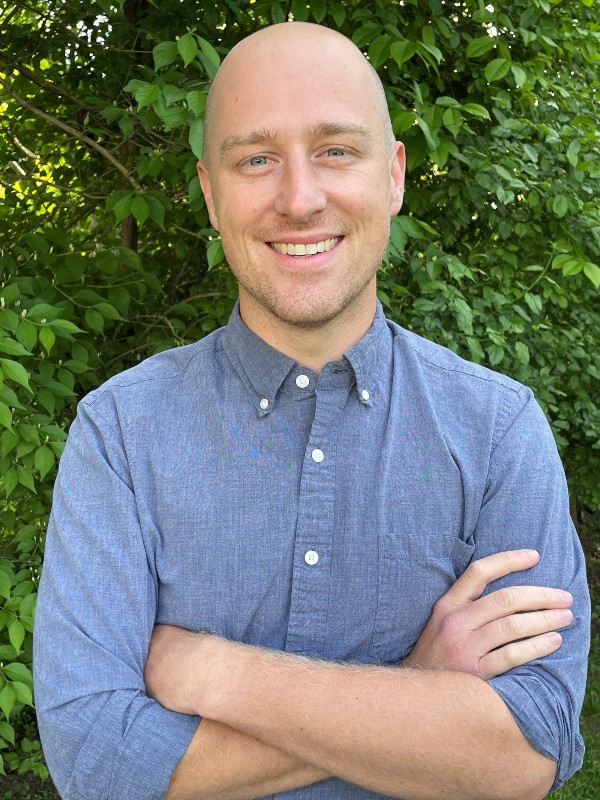Hoping to improve health care access and outcomes for disadvantaged groups, the Wayne State University Office of Diversity, Equity and Inclusion will host a series of implicit bias workshops throughout the year aimed at tackling unconscious prejudices in medical care.
The virtual program, which is aligned with the state’s requirements for implicit bias trainings, is aimed at local health care professionals as well as faculty, staff, students and members of the broader Detroit community, explained workshop organizers.

“This is a program that is research-based on how to identify what implicit bias is and how to mitigate it for health care professionals,” said Alex Boesch, intercultural training director in WSU’s Office of Diversity, Equity and Inclusion. “Participants will have a better understanding of how implicit bias works in their brain and how to mitigate it related to their health care fields.”
The two-hour workshops, which will be conducted through live Zoom meetings, have been scheduled for Jan. 31, March 11, May 24, July 8, Sept. 7 and Nov. 13. The registration fee for each workshop is $20 for students, $25 for staff and faculty, and $35 for alumni and the public.
The implicit bias training requirement was mandated by the Michigan Department of Licensing and Regulatory Affairs in 2022 to stem prejudices that can often compromise health care for disadvantaged groups such as minorities and those with disabilities.
“My hope is that people come in with an open mind to examine themselves and, after that point, be willing to dialogue with each other,” he said. “If that is the orientation of someone who enters this workshop, then I’m confident that they will be in a learning mode and better able to help their patients and clients thereafter.”
This year’s program marks the second year the university has sponsored the workshops. During the 2022-23 academic year, more than 150 individuals joined the workshops. According to organizers, surveys conducted before and after the workshop showed a significant change in how participants understood implicit bias.
“This program is important because implicit biases affect the way people think and engage with each other — and unless they are mitigated, they can affect our behavior,” Boesch explained. “As it relates to health care professionals, it’s important to know how to mitigate these biases so that it doesn’t affect those who are already disproportionately impacted by our systems, such as people of color, people with low incomes or those with disabilities.”
For more information on the Office of Diversity, Equity and Inclusion's Implicit Bias in Health Care workshop, visit diversity.wayne.edu/education-training/bias.
